Talk Archives
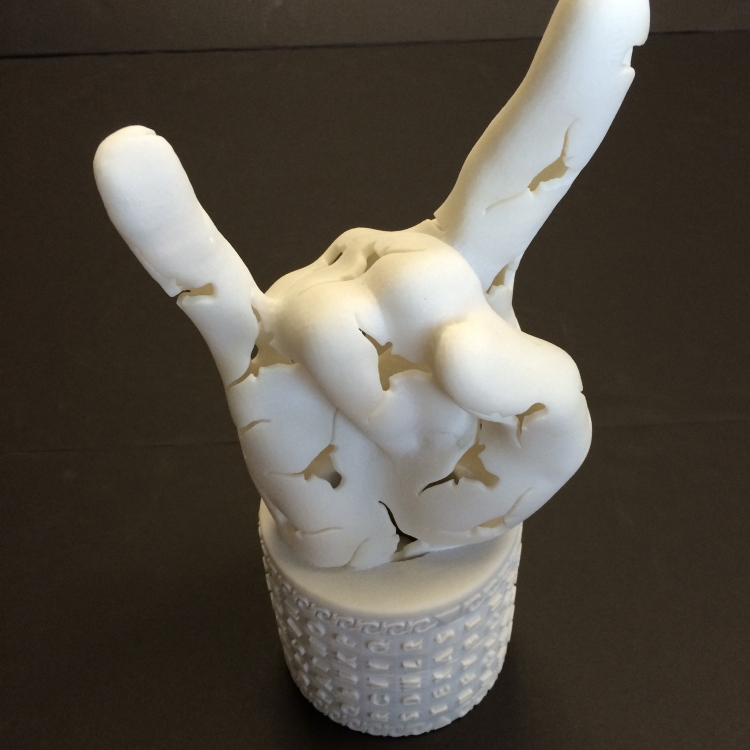
The Future of 3D Printing: The Democratization of Design
3D printing is capturing the imagination of makers, futurists, and scientists everywhere. How does 3D printing work? What is the future of 3D printing, and how will it impact our lives?

Two Guys on Your Head on “If It’s Unsustainable, Why Does It Feel So Good?”
What is it about human behavior that causes us to ignore the realities of our changing environment and other aspects of sustainability that affect our lives? How does the brain work when it comes to understanding what is happening in the world around us?

Better Living Through Microbes
Microbes are all around us and inside of us, but how can they help improve our lives? By studying how microbes live and adapt to their environments, we can gain insight into how to benefit human health, develop new and cheaper products, and other advancements.
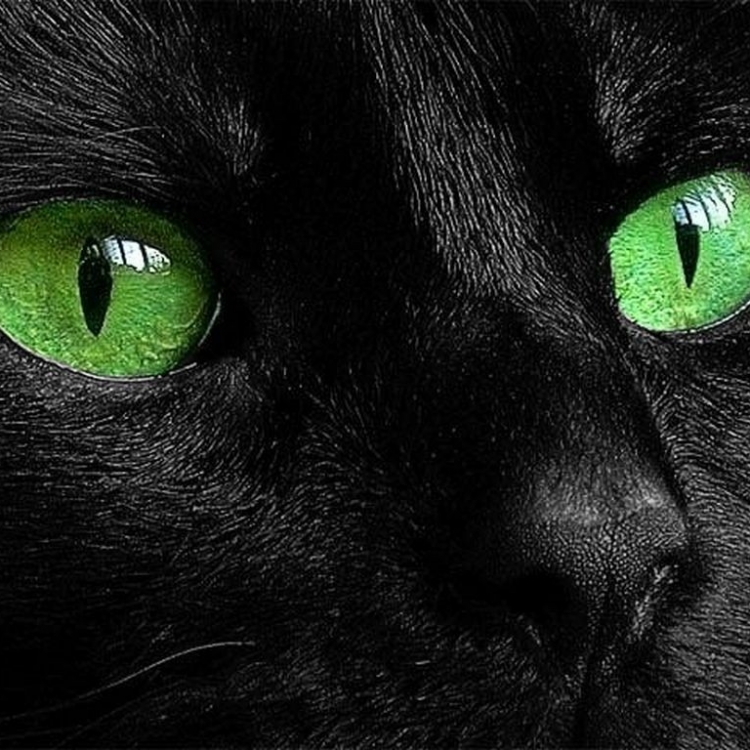
Why Do We Believe in the Unbelievable: The Science of Supernatural Belief
Why do so many people believe in supernatural phenomena? Is it something we grow up with? Dr. Hood will examine the evidence for this idea, and demonstrate that even rational adults can hold supernatural beliefs that they themselves may not recognize.

Power Trip: The Story of Energy
How does energy impact the environment and our lives? Dr. Webber provides a sweeping view of energy’s role in society over hundreds of years with fun facts, myth busting, and an optimistic eye towards future technologies and solutions.
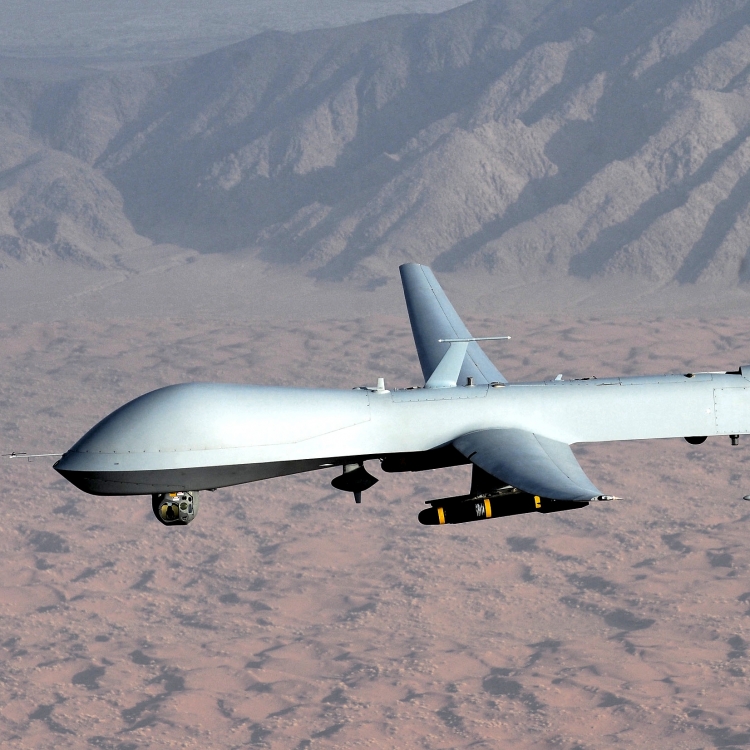
Drones: Myths, Facts, Hacks, and the Future
Drones have been all over the media as well as our imaginations. What’s real and what’s possible for these remarkable flying machines? Todd Humphreys shares the ways drones can be used in the future versus what is portrayed in the movies.
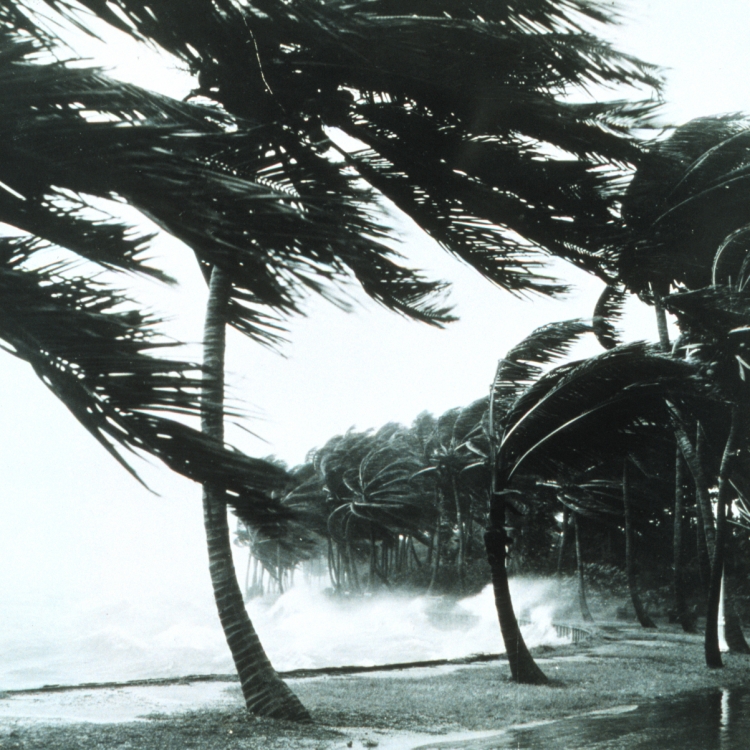
Extreme Weather and Uncertainty in Forecasting
Every day in the news there are more stories about record-breaking weather. Kevin Kloesel talks about the science behind extreme weather events such as tornadoes and super storms, and how meteorologists deal with uncertainty in their forecasts.
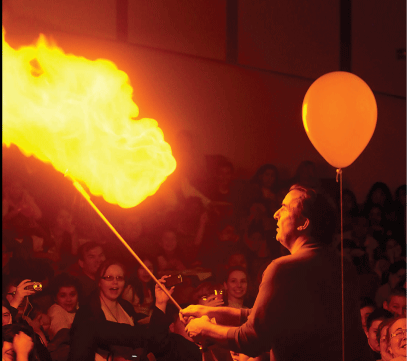
How I Learned to Love Chemistry (or Watch Dr. Laude Blow Stuff Up)
Chemistry is easy. Dr. Laude demonstrates how a few simple, recurring ideas in chemistry can help you understand concepts like climate change, how batteries work, and how food is made.
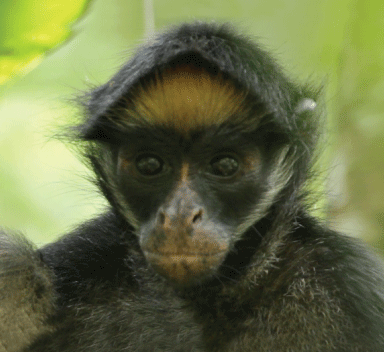
Primate Social Behavior
Humans have long been fascinated with their evolutionary cousins in the primate world, monkeys. Dr. Anthony Di Fiore shares the social behavior of our primate cousins, and how they may be both strikingly similar to, and vastly different from, humans.
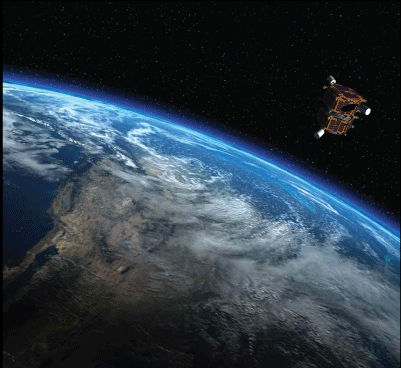
Space Exploration: From Science Fiction to the Texas Spacecraft Laboratory
Space travel and exploration are popular settings for works of science fiction and can be a source of inspiration for space technology. What scientists and engineers can actually do with space technology is different from what is presented in fiction, though the discoveries are no less fascinating.